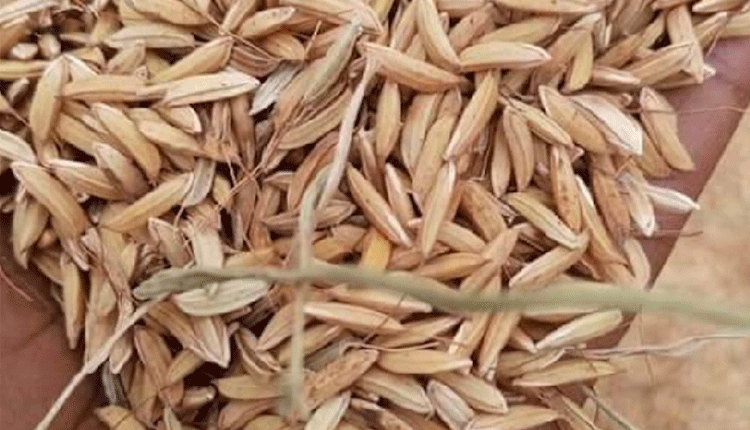Why integrity in business matters

Kenyan pure pishori rice is one of the most sought-after brands in the rice market.
However, it’s becoming hard to get a packed pure pishori rice from Mwea, which for years was the most successful rice irrigation scheme in the country.
The reason being cheap rice imports are blended with the highly-valued Mwea pishori. However, not everyone in this market is following this dubious way of adulterating the rice before selling it to unsuspecting consumers so as to make some quick cash.
Mary Makena Njenga, popularly known as Makena wa pishori is one of the few traders who have been selling pure Kenyan pishori from Mwea for almost three years now without blending it.
Her integrity has made her one of the most sought-after rice dealers not only at Mwea but countrywide.
“I sell premium 100 per cent pure Kenyan pishori rice from Mwea. Every grain delivers the naturally sweet taste and unique natural aroma of pishori rice. This is a promise I made when I started this business and I will stick to it.”
Makena ventured into pishori rice selling in 2018 after her clothes and shoe business collapsed.
Since she owns no farm, she works with farmers who sell her good paddies (rice that is not yet threshed). After getting the paddies, she mills them at Mwea Rice Millers where her shop is also located.

According to her, starting that business was not a walk in the park since at first, she needed to identify the farmers to work with.
This is because some pulled out along the way. Also, competition was very high when she started but because of her quality rice, she has weathered the storm.
“I am always specific when choosing farmers to work with. I always ensure that those farmers deliver the best paddies. I am also present during milling since this is one of the stages where adulteration can happen. Once my rice is milled it goes direct to the market,” she adds.
According to her, though her customer base started growing pretty fast, the Covid-19 pandemic made a huge difference.
Lockdowns meant reduced number of customers could access her shop thus making very minimal sales. Because of this, she had to go back to the drawing board to see how her business could remain resilient during the pandemic.
“Initially I used to rely mostly on passersby and when Covid-19 came the numbers kept dwindling because of the containment measures which were introduced by the government. We were also as traders forced to work in shifts to reduce congestion.”
According to her, seeing that things were moving from worse to the worst, she decided to start online marketing something which has paid off.
Today, most of her customers are virtual customers. To ensure that she gets as many customers as possible she has joined several business groups, especially on Facebook with Small Businesses Kenya group being one of her favourite.
“I am doing a lot of marketing on social media platforms. Since I started online marketing I can for sure say that my sales have doubled.
Joining those groups has helped me a lot as most of my customers come from there. I would urge all entrepreneurs to embrace the use of technology for their business to thrive.”
However, she says that it has not been all rosy since there are customers who believe that paying for a product they have not received is a scam.
They always want to pay after delivery which on my side is not possible. To solve this trust issue, she always ensures that she reduces uncertainties and live up to her customers’ product expectation.
This has helped her get repeat customers as well as referrals.
“I usually provide detailed accurate information about my product and delivery time to make sure my customers’ expectation aligns with the product they receive. I am also open to feedback and I have a money-back guarantee for those customers who are not satisfied with my product. However, there is a time limit for this.”
Her advice to other entrepreneurs is that they should not be afraid of hearing honest feedback and more importantly, acting on those feedbacks if they want to make their businesses the best they could be.
“It can sometimes be easy to ignore negative opinions on your business but sometimes criticism can be your best friend so identifying issues and adapting and acting on those issues will lead to further success and growth.”
She plans to get her product in most of the supermarkets and stores so that those customers that are far can easily get their rice without having to pay an extra coin for delivery.












